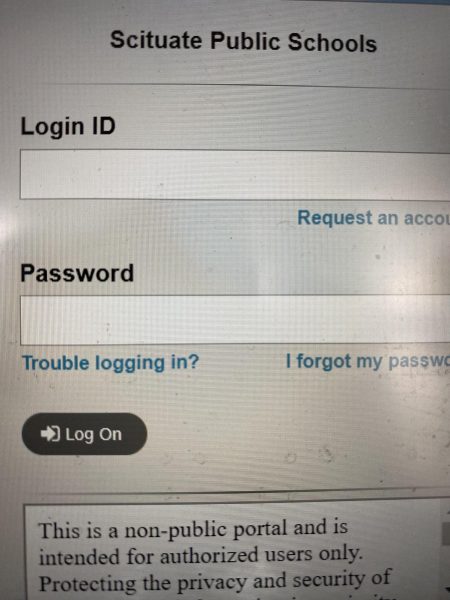Let Students Live Like Kids–Not Adults

June 26, 2022
Dear Teachers and Members of the School Committee,
For 36 weeks, students spend an average of seven hours a day, five days a week in school, which is 75% of a calendar year. We go to school for the majority of our childhood while trying to maintain that balance between school and their lives. Unfortunately, school is taking over our daily lives. After spending the majority of that seven hours sitting in uncomfortable chairs, we go home to do even more schoolwork. That is what we call homework, which puts an unbelievable amount of stress on us.
Some may argue that giving homework to students is necessary so they can succeed in life; however, giving homework is not beneficial because it negatively impacts students’ health–both mentally and physically.
Yes, school work is necessary so students can learn and further their education, but the extent of homework that is forced upon us nowadays is absurd. According to a study from the University of Phoenix, students in high school have an average of 210 minutes of homework per day, sometimes even more. After getting home from school and doing an extra three and a half hours of school work, it is already 7:00 PM. Almost the entire day has gone by, and this amount of time isn’t even considering after-school activities like athletics. If you factor in the time it takes to get home from school, go to sports, eat, and get ready for bed, it is quite literally almost the next day.
Because of the extraordinary time commitment required to complete homework, students have no time to relax and take a break from the prolonged days and weeks of school.
For example, sometimes I work on homework from the time I arrive home until 9:00 PM, with very few breaks during this time. Because of this, my brain and body get overworked. Then, like most students, I feel exhausted and can’t function to the best of my abilities.
Students mental and physical health declines as more homework piles up. Teachers see their students tired, checked out in class, and not paying attention. There is a reason for this: an excessive amount of homework. It’s not that students don’t want to learn–we are just tired of all the work that we are being given. We need a break.
Homework causes unnecessary stress that doesn’t need to be in our lives. Out of millions of students, less than 1% of students have said that homework was not a stressor. If this doesn’t raise a red flag about how homework affects students’ mental health, I don’t know what will.
Students understand that some homework is required so they can retain information, but it shouldn’t be the same amount of work that was done in class. When students, like myself, are given homework, we don’t necessarily learn from it. The only thing that runs through our minds when we do homework is “how much effort do I have to put into this so that it’s good enough to turn it?” Sometimes we don’t want to engage in the homework because of how much work it is. We just want to get it done so we don’t get a zero for the assignment. So, when we only do it to get it done, we don’t benefit from it since we don’t care as much as we should about it. It’s not that we don’t care about school– it’s because we don’t see a need for extra work that we won’t benefit from.
High school students are encouraged to participate in after-school activities, but how can we balance the fun activities in life when we are forced to focus on more work? Ultimately, students find it hard to balance the “work-play life” because work is overwhelming their lives. Sometimes all we want is a break from school and reality. Now, how can we find something that takes our minds away from all the problems in the world when we can’t find time to figure out what that “something” is? We understand that schools want to see us succeed in what we love to do, but maybe we can’t succeed if the circumstances stay the same.
To see your students receive opportunities to become successful, we need a change. This change is reducing the amount of homework given to students each day. This will help keep students’ mental and physical well being better than they were before, and it will keep them intrigued in school. If students dread doing more work after having five to seven classes a day, maybe there needs to be a change in how schoolwork is being done. It is your duty as educators to make these changes–not only to help relieve the stress of students but also to help them live how teenagers are supposed to live.









